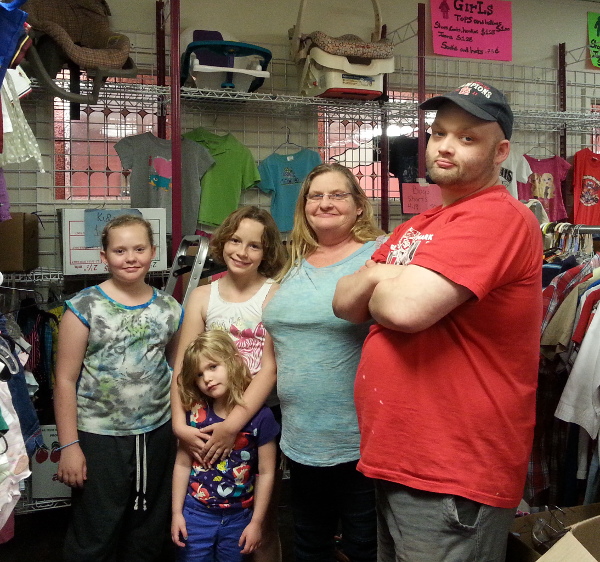
Carbondale, IL — One thing we know for certain here in Southern Illinois is that times are hard! Good paying jobs have all but disappeared. Part-time minimum wage and contingent jobs are on the rise. Poverty, while always an issue here, is worsening. Of nearly two million people in Illinois, 15%, live at or below poverty, back to 1960 levels. Nearly half of those live in extreme poverty.
Poverty rates are higher here than in the state as a whole. Child poverty rates are even double the overall rate in many counties.
Jackson County, for example, home to Southern Illinois University, has a 29.5% poverty rate, a 34% child poverty rate while having one of the lowest unemployment rates of any Southern Illinois county, 6.2%.
Up to 16.2% live in poverty in neighboring Williamson County. Child poverty is 25.1% and unemployment 6.7%.
Alexander County, home to Cairo, a historic river town at the convergence of the Ohio and Mississippi rivers, has an unemployment rate of 7% with an overall poverty rate of 33% and a 53.2% child poverty rate.
Minimum-wage workers would have to work in excess of 60 hours/week to afford a two-bedroom apartment in all of southern Illinois. Homelessness is on the rise. Over 3000 children are counted as homeless in southern Illinois.
While there are differences in the demographics, i.e., racial and age disparities, the bottom line is that poverty crosses the color line and the children are paying the price.
As the fifth largest state, Illinois has the fifth largest economy at $721 billion, larger than many independent nations. Where once bustling industrial towns built on the expansion after WWII existed, abandoned factories and mines stand as monuments to a dying economic system. Many have been consolidated and production moved to states where the latest technology has replaced workers on the lines. Workers who have little to no money cannot buy the things they need for themselves and their families to survive.
New austerity measures promoted by both Democrats and Republicans further threaten the future of our families and children. Austerity is a code word for turning public resources into assets for the corporations, destroying what’s left of a shredded safety net.
In response, new organizations are forming to address this widening gap between the haves and the have-nots. It is becoming clear that the need far exceeds the available charity. Alternatives to the “poverty as usual” programs are being explored. Multiple organizations are educating the public on the LaSalle Street tax. It would place a small transaction tax on the Chicago exchanges where trillions are traded annually. This could bring in billions to state coffers yearly, eliminating the pension and school funding crises alone.
While we must fight for concessions from the millionaires and billionaires who own the economy, we need to do so with a vision of a future which eliminates poverty and homelessness forever. That vision is the public ownership of the things like vacant housing that our class needs for survival. Only a new society built on cooperation can guarantee our children have a future in which they thrive!
Cathy Talbott is a former telephone operator, a job lost to automation. She was a homeless mother of two and fights for welfare rights. A former co-host of a weekly community radio program out of Carbondale, IL, “Occupy the Airwaves,” Cathy is the Environmental Desk for the People’s Tribune.
